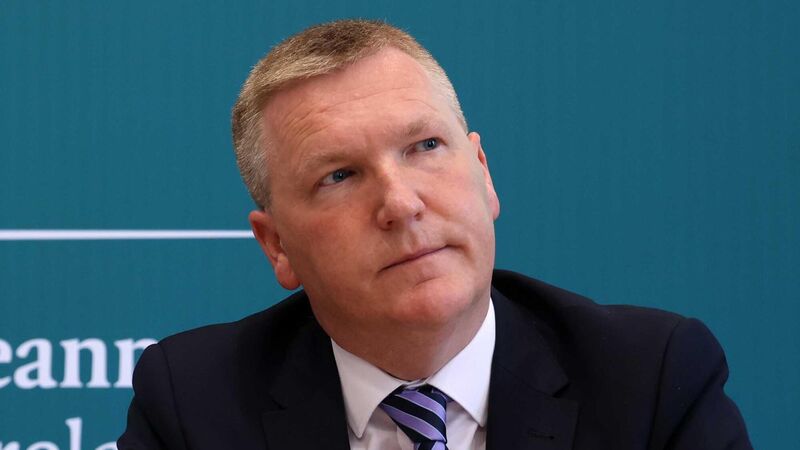Irish Examiner View: Hopes for public-sector pay deal fading early

Public Expenditure Minister Michael McGrath faces a tough task in the face of public-sector pay demands. Picture: Sam Boal /Rollingnews.ie
In the face of news that the wage packets of Ireland’s top executives last year jumped to almost double pre-Covid levels, the task ahead of Michael McGrath, the public expenditure minister, in trying to sort out public-sector pay claims just got more difficult.
This week the main teachers’ unions outlined their compelling case for pay increases, while commissioned officers in the Irish military voted overwhelmingly to seek proper representation at the national pay talks, which begin shortly. It is only the start of a process that will challenge Mr McGrath and his Government colleagues exhaustively.
















